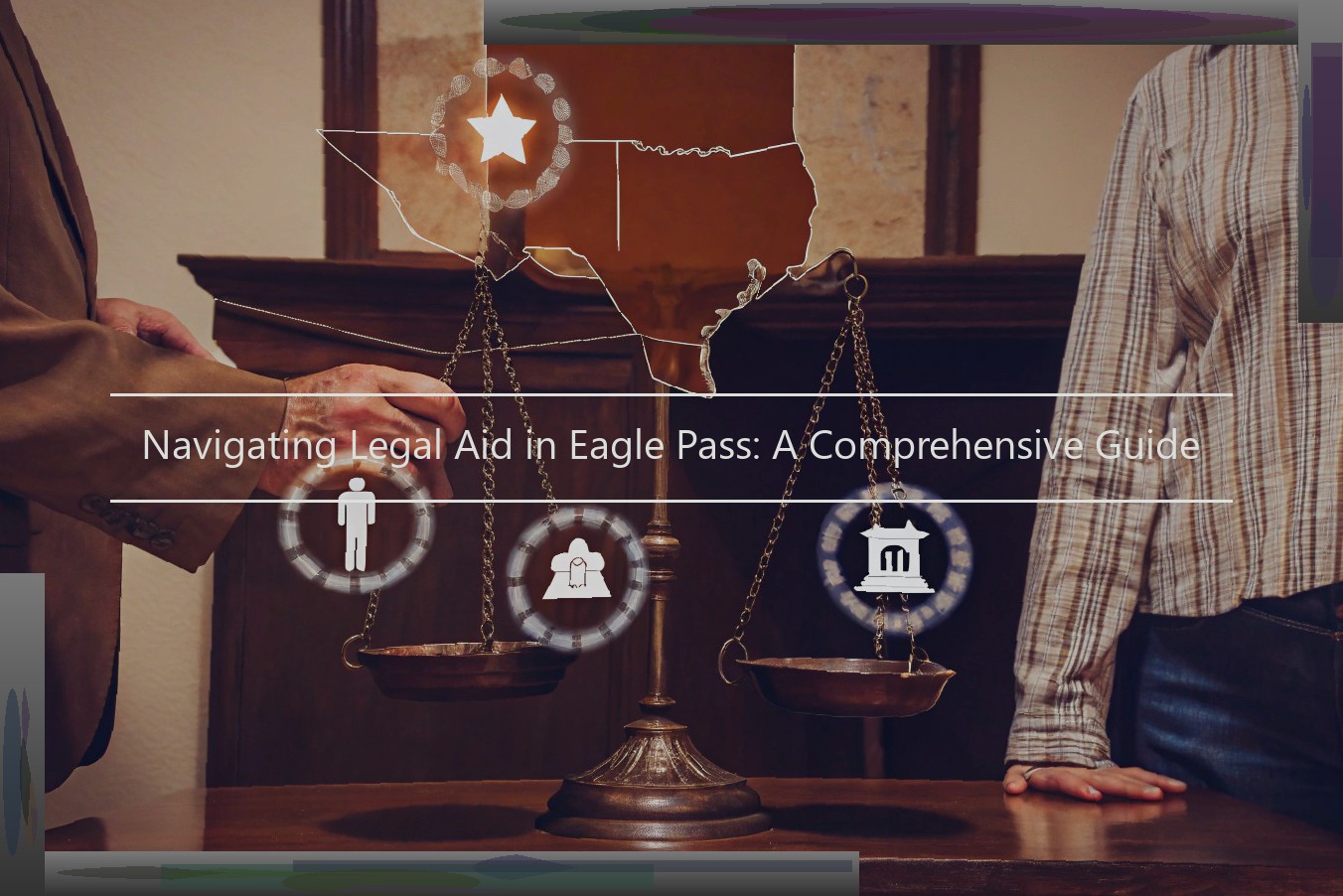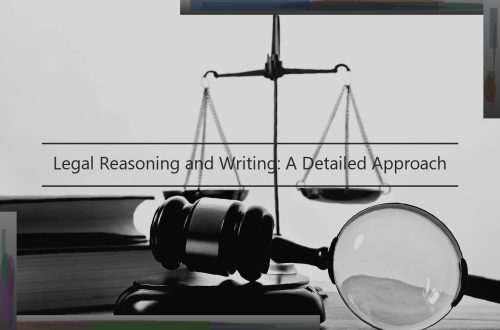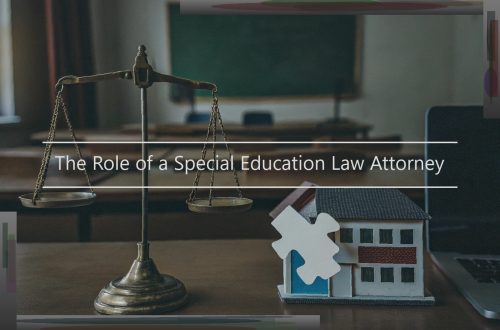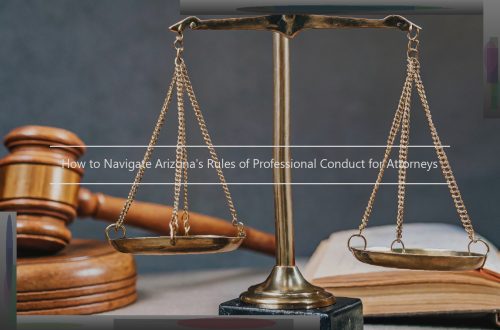Navigating Legal Aid in Eagle Pass: A Comprehensive Guide
Exploring What Legal Aid Services Entail
Legal aid services are programs that provide free or discounted legal assistance to low-income individuals and families who cannot afford private counsel. These services are typically organizations funded by the state or national legal aid organizations, and they deliver legal representation on a wide variety of cases, depending on the organization’s access to funding, staff, and resources. The types of legal proceedings that legal aid services tend to take on include family law cases – like divorces and child custody cases – immigration cases, poverty law, probate, and housing law.
Unlike a private law firm, legal aid serves as a public benefit organization that provides legal services to help protect the interests of low-income individuals, families, and communities in legal matters . Therefore, legal aid clients cannot "pick and choose" their counsel, and case representation is typically assigned based on which of the organization’s firm lawyers is best able to litigate the client’s real problem. When seeking out representation for a legal dispute, it is essential that individuals meet all of the firm’s requirements before consulting with a lawyer, so they can receive the best possible outcome in their case. This includes being eligible for services, voluntarily seeking out legal assistance, and being responsive and cooperative throughout the entire litigation process.

Criteria for Legal Aid Eligibility in Eagle Pass
Those applying for legal aid must meet certain income requirements, which will be the first information your local legal aid office will likely ask of you. Generally, legal aid is for those living at or below 125% of the U.S. poverty guidelines. The poverty guidelines, which are updated annually, are set forth in the Poverty Guidelines for Use Under the Medicaid Programs and published in the federal register. These statistics change yearly, so ask your local legal aid if you qualify.
Your approved application for legal aid assistance may cover multiple issues, including family law, consumer fraud, and housing issues. Certain types of cases, however, are often not covered. For example, legal aid will not help with any criminal matters, and wills and adoptions do not fall under the scope of legal aid. In general, a legal aid office will not provide you with help if you can afford to pay for your current legal issues. Legal aid is intended to facilitate access to justice to those who can’t afford to hire an attorney.
Top Resources for Legal Aid in Eagle Pass
As legal needs in Eagle Pass, Texas evolve with the shifting needs of the community, several dedicated organizations provide vital support. The following are among the key players in legal aid in Eagle Pass, Texas:
Legal Aid of NorthWest Texas – Eagle Pass Office
501 E Extreme, Eagle Pass, TX 78042
Phone: (830) 752-1540
Fax: (830) 752-8906
The Eagle Pass office of Legal Aid of NorthWest Texas is the leading provider of legal services for the poor in Maverick County. Legal Aid offers a full menu of free legal services for low and moderate-income individuals, including assistance on the filing of protective orders for victims of domestic abuse and legal advice for other family law matters. Legal Aid also offers services in housing and consumer law to assist clients with debt issues.
Texas RioGrande Legal Aid – Eagle Pass Pro Bono Office (Mier Y Teran Center)
2208 Del Rio Blvd, Eagle Pass, TX 78040
Phone: (830) 532-2668
The Eagle Pass office of Texas RioGrande Legal Aid (TRLA) provides free legal assistance in civil matters (such as family and housing law) for qualifying low-income clients in Maverick County. TRLA’s services include community legal education, legal advice, brief service, and limited full representation. TRLA also runs a Pro Bono Attorney Project to recruit and train private attorneys in the area who will donate their time to assist low-income clients with legal matters.
Commission for Lawyer Discipline – Eagle Pass Office
2411 El Paso Blvd, Ste A, Eagle Pass, TX 78045
Phone: (830) 757-9833
The Commission for Lawyer Discipline (CLD) administers the State Bar of Texas Office of Chief Disciplinary Counsel, an organization that investigates and prosecutes unethical conduct by lawyers. CLD also counsels attorneys facing informal proceedings before the State Bar Grievance Committee and clients who have filed bar complaints against their lawyers. CLD offices throughout the state are available to answer questions about ethics issues, investigate grievances, and facilitate the resolution of fee disputes.
Steps to Secure Legal Aid
Legal aid agencies in Eagle Pass provide crucial services to low-income individuals and families who cannot afford legal representation. If you believe that you are eligible for these services, the first step in obtaining legal aid is finding out how to apply. Obtaining an application form is the first step. Your local legal aid office will have these forms available online or at your nearest office location. Or, for broader coverage, you can contact the nearest chapter of the Texas State Bar, or the State Bar of Texas’ Public Information Line. The State Bar of Texas offers up-to-date information about legal aid in Texas, including resources for finding legal aid offices in different communities: http://www.texasbar.com/discover-texas-law Once you have obtained an application form , take a look at the instructions. These may include steps such as: Keep in mind that the requirements and procedures for obtaining legal aid vary from organization to organization. Along with the application form, you may be asked to bring certain documents to your appointment. Be sure to follow instructions thoroughly, and if you have concerns about your eligibility, ask whether it is acceptable to provide information at a later date or submit it by mail. When you meet with the legal aid attorney for the initial appointment, be sure to provide as much information as possible about your financial situation and the legal problem to enable them to do a thorough intake and assessment of your case. Write down anything you may have forgotten later on or been unable to answer. If you are approved for legal aid, you may be asked to sign a retainer agreement. After that, your attorney should discuss with you the next steps in the process.
Obstacles and Remedies in Obtaining Legal Aid
Despite the presence of numerous legal aid clinics, Eagle Pass residents can face challenges in obtaining the legal assistance they need, particularly in times of crisis. Limited financial resources, a lack of awareness about available services, and a shortage of legal professionals can hinder access for those who need it most.
Many people seeking legal aid are guided by urgency, attempting to reach a resolution for their pressing issues; however, this haste can put them at a disadvantage. Some may fail to research the required documentation to apply for assistance prior to contacting legal aid clinics, ultimately resulting in delayed service. Others may be discouraged from reaching out for help for fear of being disqualified from governmental aid programs or living under the misconception that they do not genuinely qualify for aid.
Through an understanding of the barriers impeding access to legal aid, organizations like the Lone Star Legal Aid can increase public awareness and help guide affected individuals through the aid process. When possible, Eagle Pass residents should be sure to ask questions and clearly communicate their needs when contacting legal aid organizations.
The Role of Legal Aid in the Community
The impact of legal aid financing in Eagle Pass goes well beyond resolving family law matters and criminal defense. Legal aid services encompassing virtual clinics and case management systems facilitate public confidence in the judicial system and ensure that the protection of rights under law is not limited to only those who can afford to pay for legal counsel. By enabling access to justice, legal aid promotes economic development, secure business environments, and a more socially equitable society.
Socially, legal aid promotes the tenets of safety and freedom through ensuring legal protections for immigrants and their families. Institutions such as the Texas RioGrande Legal Aid in Eagle Pass now offer family-based immigration relief, providing understandings of the process, and representation through the courts for those seeking relief. Without this assistance, immigrants could face deportation, breakup and loss of their families, and overcrowding of detention centers that would not otherwise be available. As public order rely on keeping families together, the protection of immigrants provides a safer and economically stable environment.
The continuity of justice hinges on fairness, and fair justice has a direct impact on economic wellbeing. Negative publicity deters businesses and investment in a community, and access to fair legal representation can stop that from happening . If underrepresented parties such as defendants do not receive due process, or the rights of complainants are undermined through unfair practices, the community suffers a significant economic hit. Conversely, the reputation of courts as just, fair, and impartial encourages businesses to invest in the community and reduces pressure on courts due to high caseloads.
Furthermore, legal aid was essential to the ongoing development and expansion of Eagle Pass as a community. Legal aid has spearheaded an environment in which persons of all means can access justice services. The court system is not embroiled in complex legal proceedings and judicial resources are focused on administering justice. Legal aid proves crucial as a necessary alternative to privately retained lawyers, particularly in cases of people whose resources are too limited to hire full value representation, but too substantial to qualify for government funded legal aid assistance. The community stands to lose if individuals cannot afford legal counseling, as they may either bankrupt under excessive litigation costs or be forced to represent themselves. Legal aid prevents a reduction to the level of legal services accessible to the majority of the community; services that enable the community to focus on building the local economy rather than on disputes through the courts.




